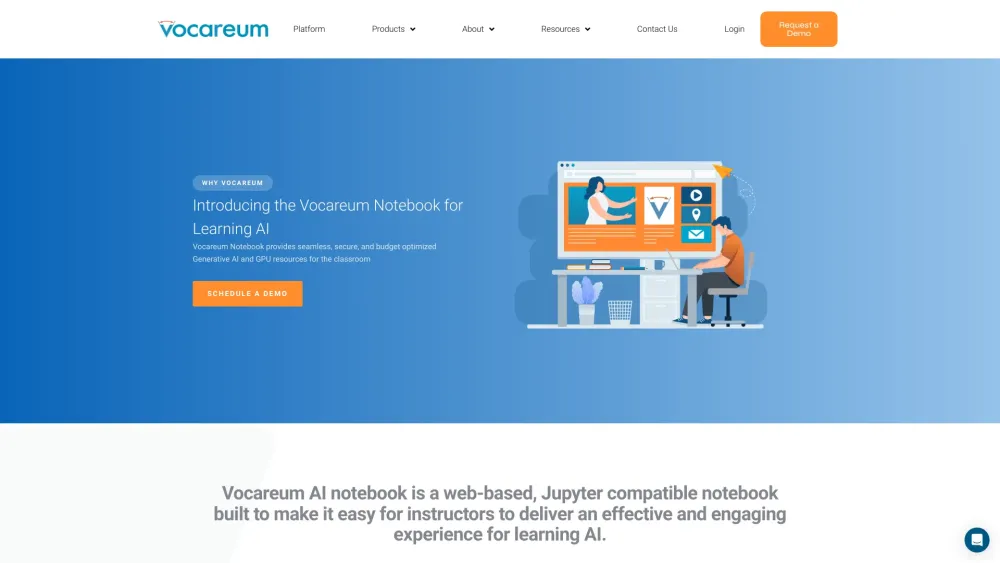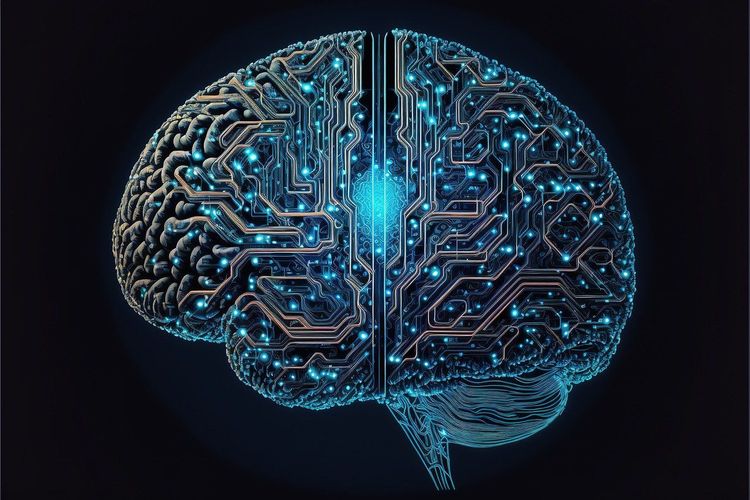OpenAI vs. Nvidia: Who Will Dominate the Future of AI Chip Technology?
Most people like

In an era where technology continues to redefine creativity, an AI music generator that transforms text into musical compositions is revolutionizing the music industry. This innovative tool allows users to convert written ideas, stories, or emotions into original melodies, bridging the gap between language and sound. Whether you're a seasoned musician or a budding creator, this AI-driven technology opens up exciting new avenues for artistic expression. Discover how this powerful AI music generator can inspire your creativity, streamline your workflow, and enhance your musical projects.

Discover how an AI-powered search engine can transform the way companies and individuals find information. By leveraging advanced algorithms, this innovative tool enhances search accuracy and efficiency, making it easier to connect with essential data, resources, and insights. Experience the future of search with our intelligent solutions tailored for both enterprises and personal use.

Discover how virtual labs are transforming education and training by providing innovative platforms designed to enhance learning experiences. These advanced online environments offer hands-on practice, interactive simulations, and immersive resources, making complex concepts accessible and engaging. Whether for academic purposes or professional development, virtual labs are reshaping the way knowledge is acquired and skills are developed in today’s digital age.
Find AI tools in YBX



